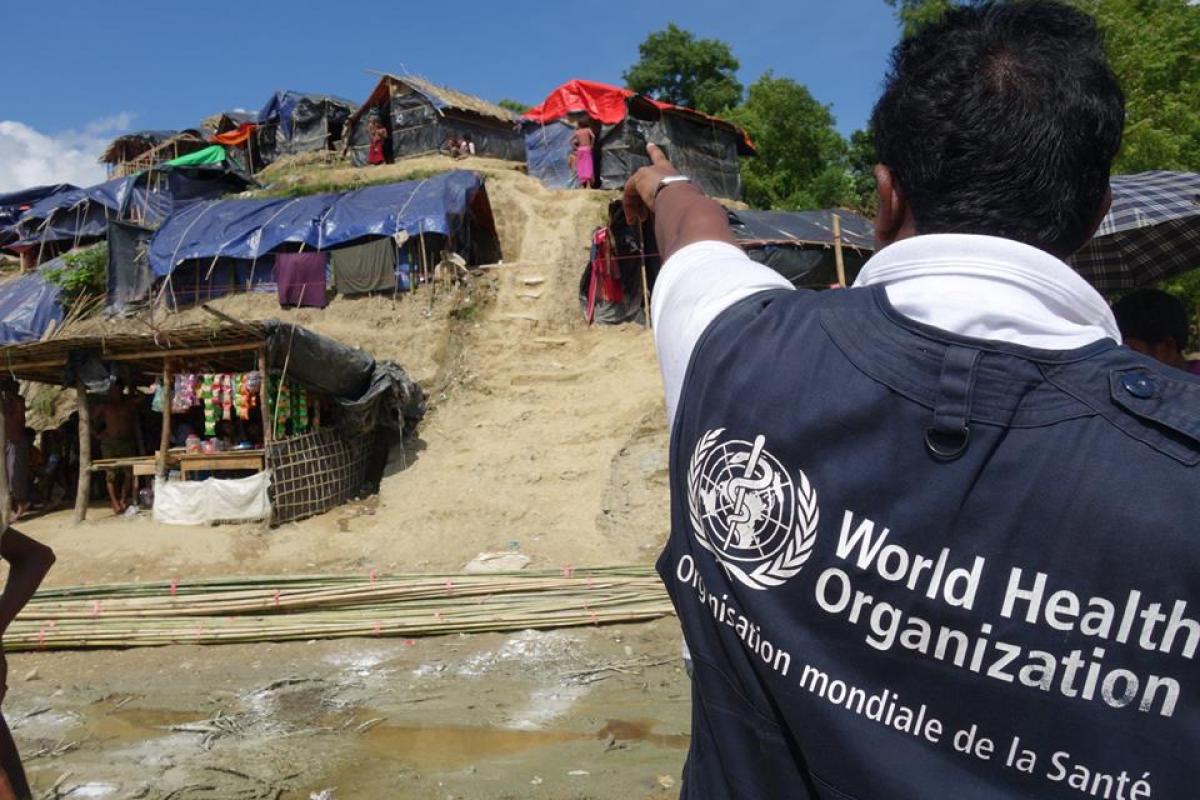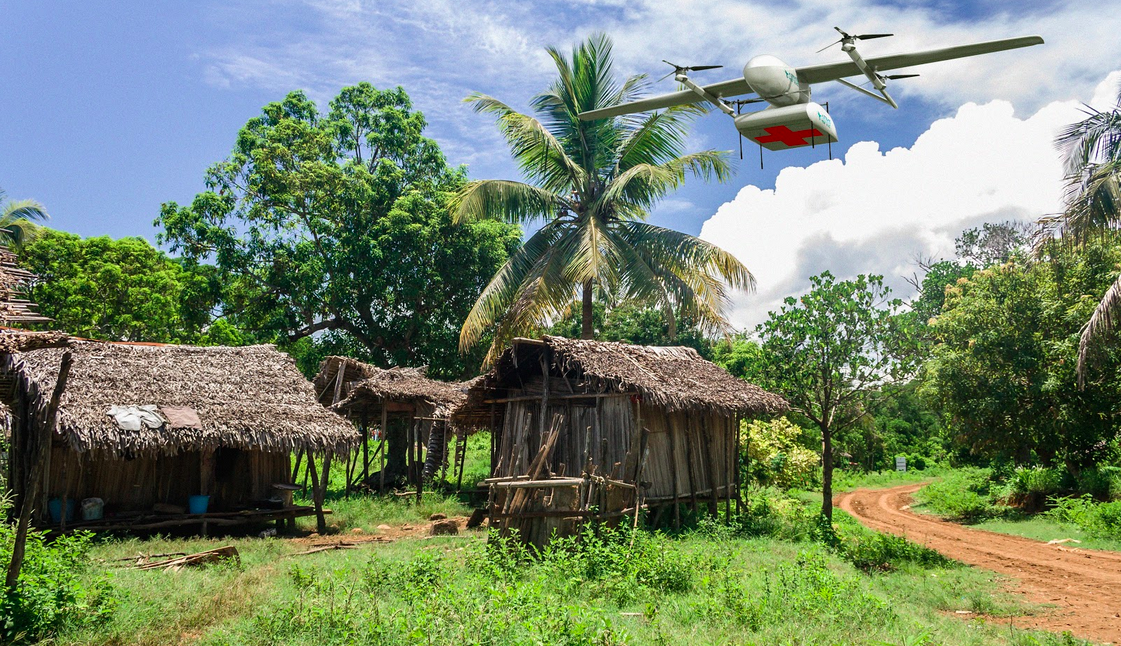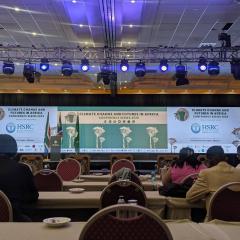
Gates Foundation Funds WeRobotics to Catalyze WHO’s Use of Medical Drone Delivery
January 21st, 2021

We’re very pleased to share that the Bill & Melinda Gates Foundation is funding WeRobotics to expand the World Health Organization’s (WHO) understanding and use of drone delivery. This project has multiple facets, which are being advanced and coordinated by WHO’s African Regional Office (AFRO). The main component that we’re working on currently includes continuous drone deliveries in Ghana with Zipline, WHO Ghana and Ghana Flying Labs, and Madagascar with Aerial Metric, WHO Madagascar, and Madagascar Flying Labs. We have just completed the full set of deliveries in Northern Ghana with Zipline and the team and will soon begin deliveries in Northern Madagascar with Aerial Metric and Team.

The purpose of this project is to directly inform WHO’s operational understanding of drone delivery services to transport patient samples. This means gaining a clear understanding of the operational workflows, technical and regulatory requirements, costs, and time-savings from using existing drone delivery systems such as Zipline’s in Ghana and Aerial Metric’s in Madagascar. While the project serves as a comparative analysis between drone delivery in Ghana and Madagascar, its purpose is not to suggest that one system or model is better than the other (they are very different albeit complementary). Instead, the aim is to build WHO’s internal understanding of drone delivery services to make the most of the various systems and models that already exist.
We hope to share these insights later in the year, along with the design of our operational study, once we’ve completed all drone deliveries and analyzed all the data collected. In the meantime, we will also begin the next phases of this multi-year project with WHO/AFRO and the Gates Foundation. We’ll share more details on these towards the second half of 2021 once we’re further along. For now, we want to express our sincerest thanks to WHO/AFRO, WHO Ghana & Madagascar, and the Gates Foundation for making this project possible. WHO’s leadership, dedication, and commitment to this project continue to make all the difference and explain why this project has taken off quickly. Ghana and Madagascar Flying Labs are also playing instrumental roles in this project. We’re very grateful for the opportunity to work with all these strong partners and to learn from them as we all continue to wrestle with a global pandemic.
WeRobotics and Flying Labs Have Been Involved in Medical Cargo Drone Projects Since 2016
Together, we’ve delivered medicines and blood samples in the Amazon Rainforest with BD; Delivered essential medicines to remote clinics in the Dominican Republic with Pfizer; Collected TB samples from remote clinics in Nepal with BNMT; Ran cargo drone training & demos with the Center for Disease Control (CDC) in Papua New Guinea. We focused explicitly on strengthening long-term local expertise and capacity in drone delivery with each of these efforts. We entirely transferred appropriate drone technology to local experts across Flying Labs. We were also contracted to work on the foundational phases of a vaccine drone delivery in the DRC. Furthermore, we’ve worked on non-traditional cargo drone projects with partners in Brazil to reduce Zika, Fiji to reduce Dengue, and Tanzania to reduce malaria. We also offer a comprehensive, fully peer-reviewed professional online course on the use of cargo drones for medical delivery. Participants who complete this unique course receive a certificate signed by Direct Relief, MIT, the University of Pennsylvania, and WeRobotics. Lastly, we offer this affordable, locally-repairable cargo drone for short-range (10km) deliveries. This is the same drone used by DR Flying Labs, Nepal Flying Labs, and, soon, Philippines Flying Labs.
Recent Articles

